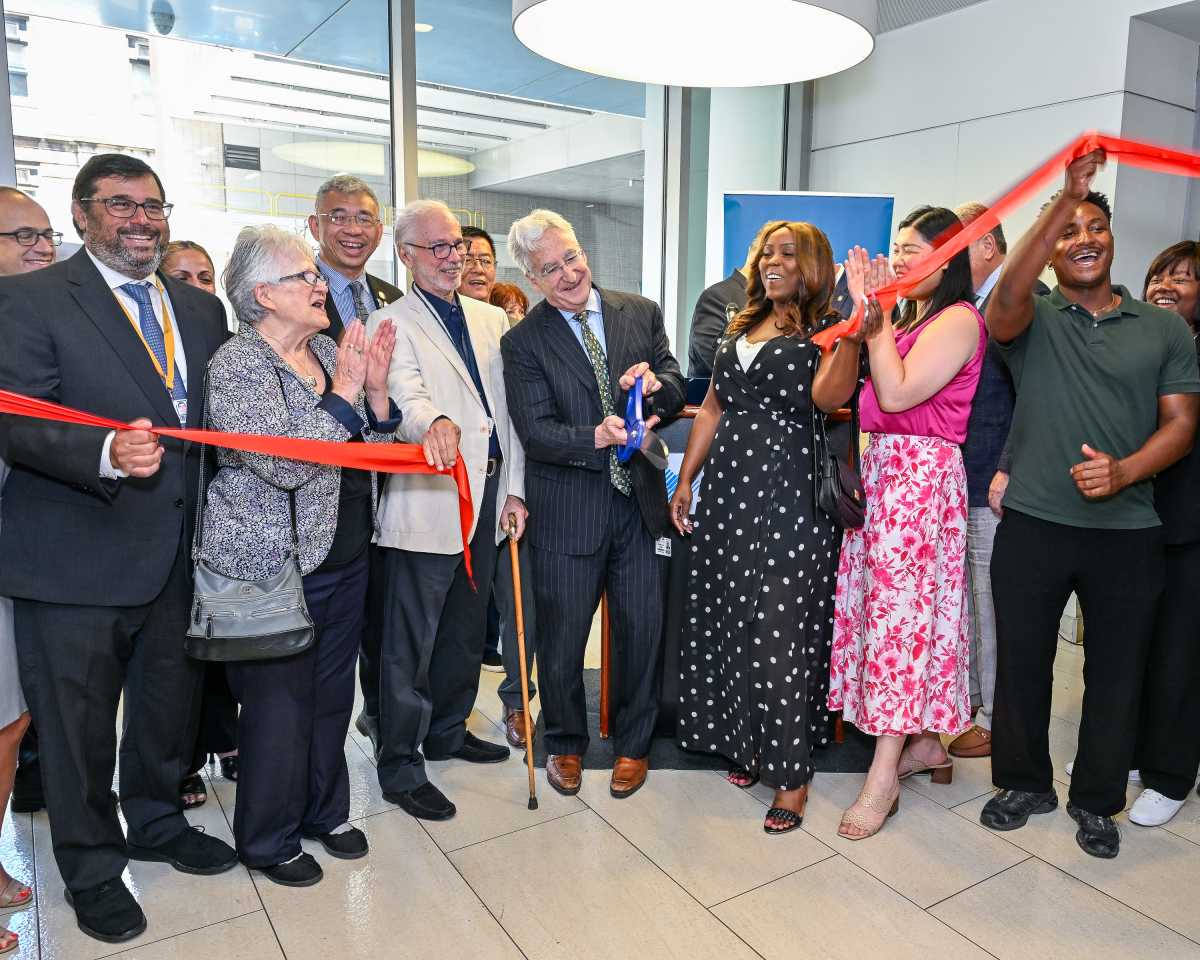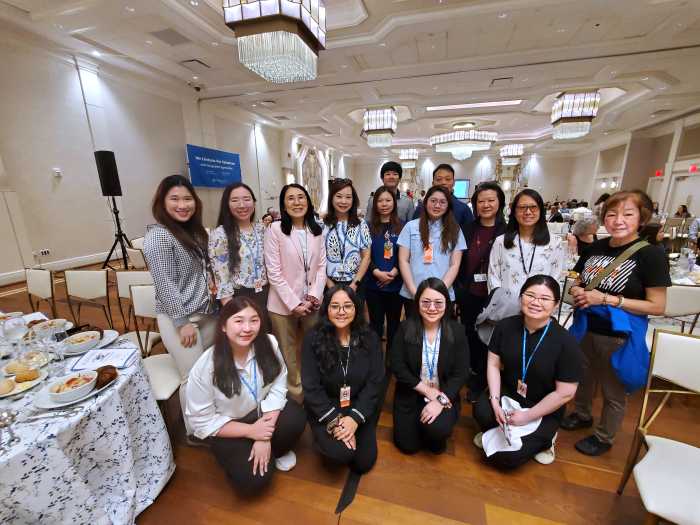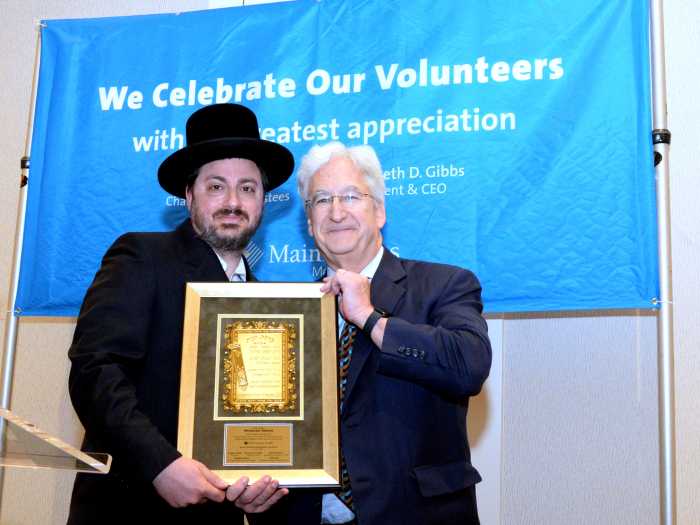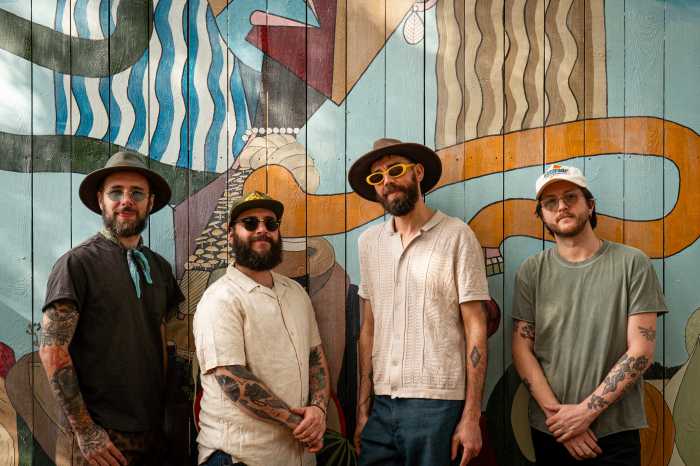Maimonides Health celebrated a major milestone in its expansion of behavioral health services on July 24 with a ribbon-cutting ceremony for its new Psychiatric Emergency Department, which will soon house a Comprehensive Psychiatric Emergency Program, or CPEP.
The new facility, funded by the U.S. Department of Housing and Urban Development, is set to officially open Aug. 5. It is designed to provide specialized care for patients experiencing behavioral health crises in a safe, private, and supportive setting.
According to the New York State Office of Mental Health’s State of Mental Health Report, nearly half of New York City teens have experienced depressive symptoms, and 15% of children ages 3 to 13 have been diagnosed with a mental health disorder. Among adults, nearly one in four report experiencing a mental health disorder in a given year.
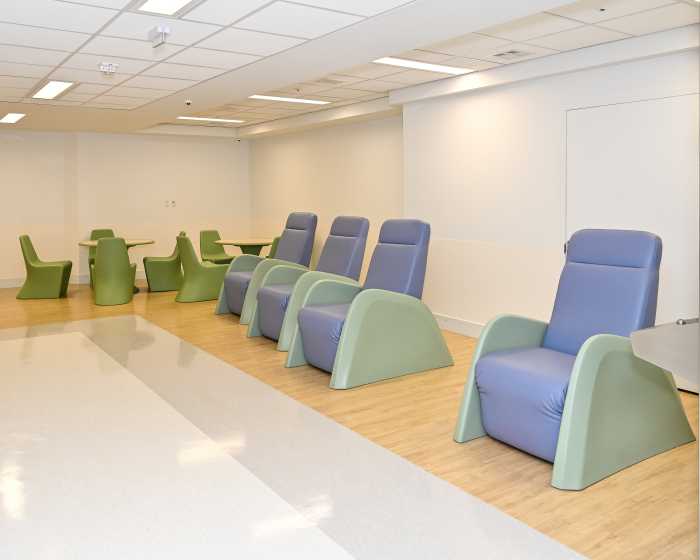
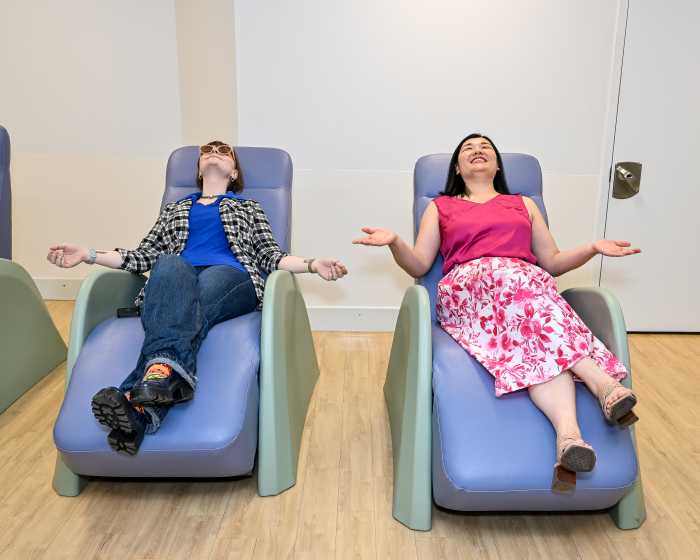
The opening of the new emergency department marks a significant step in addressing the growing complexity and urgency of mental health care in Brooklyn and beyond.
The new space is nearly four times larger than the original psychiatric emergency room, which opened in 2009. It will offer 24/7 care separate from the general emergency department and include private rooms, extended observation beds, two patient restrooms, and an in-unit shower for those preparing for discharge. The expanded facility will also allow for more on-site therapy staff.
Surrounded by elected officials and community leaders, Maimonides President and CEO Ken Gibbs reaffirmed the hospital’s commitment to addressing the long-stigmatized mental health crisis and thanked Gov. Kathy Hochul’s administration for its ongoing support amid looming federal cuts.
“There’s a lot of energy, there’s a lot of swirl. The politics are quite complicated and perhaps a little painful. We are going through a transition. As a safety net hospital, we experience significantly the challenge,” Gibbs said. “I want to be very clear through all the complexity and difficulty of this, the Hochul administration’s support has been essential for everything that we have accomplished.”
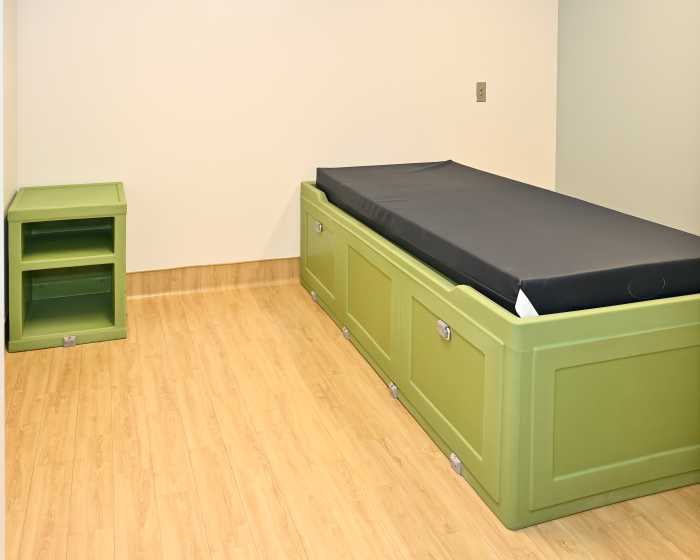
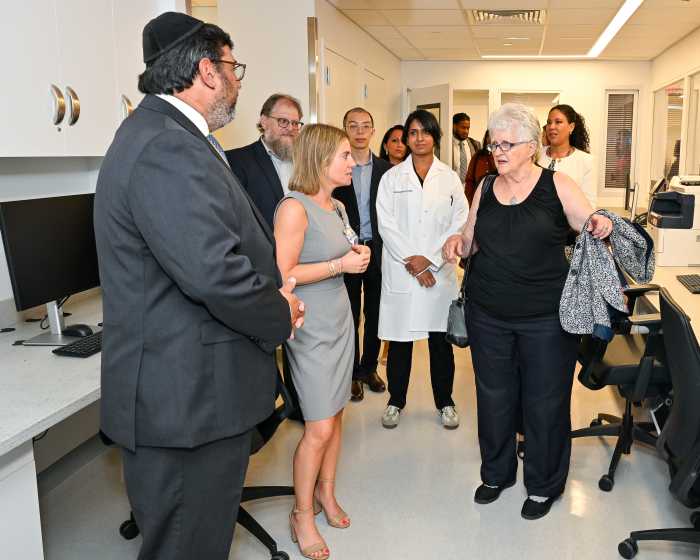
The CPEP is supported by $6 million in funding from the New York State Office of Mental Health, part of Hochul’s $1 billion initiative to tackle the statewide mental health crisis. The program will expand Maimonides’ existing services to include addiction care, social work, a mobile crisis team, and an interim crisis clinic, according to Dr. Jessica Poster, vice chair of acute care psychiatry.
“Our new Psych ED will provide a safe, expanded space that will be the primary entry point for anyone who’s experiencing a behavioral health crisis,” Poster said. “Maimonides will be the only hospital in South Brooklyn with this offering, and only one of 31 in the entire state of New York.”
Dr. Ann Marie T. Sullivan, commissioner of the New York State Office of Mental Health, applauded Maimonides for its leadership.
“The stigma goes away when you build things like a beautiful emergency room like this, when you welcome individuals, not just to have physical illnesses, but individuals who come in a mental health crisis,” Sullivan said. “So we can’t thank you enough.”


Dr. Abraham Taub, chair of the Department of Psychiatry at Maimonides, said the facility was designed to offer privacy, dignity, and continuous access to psychiatric specialists.
“This new facility will allow us to continue providing that outstanding care, but with the ability to treat even more patients in an expanded space with many enhancements in terms of amenities,” he said.
Brooklyn Council Members Farah Louis, Alexa Avilés, Susan Zhuang, and Chi Ossé joined the celebration and presented Maimonides with a $1.95 million check from the New York City Council for a Philips Azurion Biplane Imaging System.
“As a former administrator at Mount Sinai Hospital working in outpatient psychiatry, I know how important it is for you not only to provide quality services but also to have the tools that everyone will need so that they can have a full, comfortable experience here as they undergo treatment for traumatic experiences and during their vulnerable time,” Louis said.


